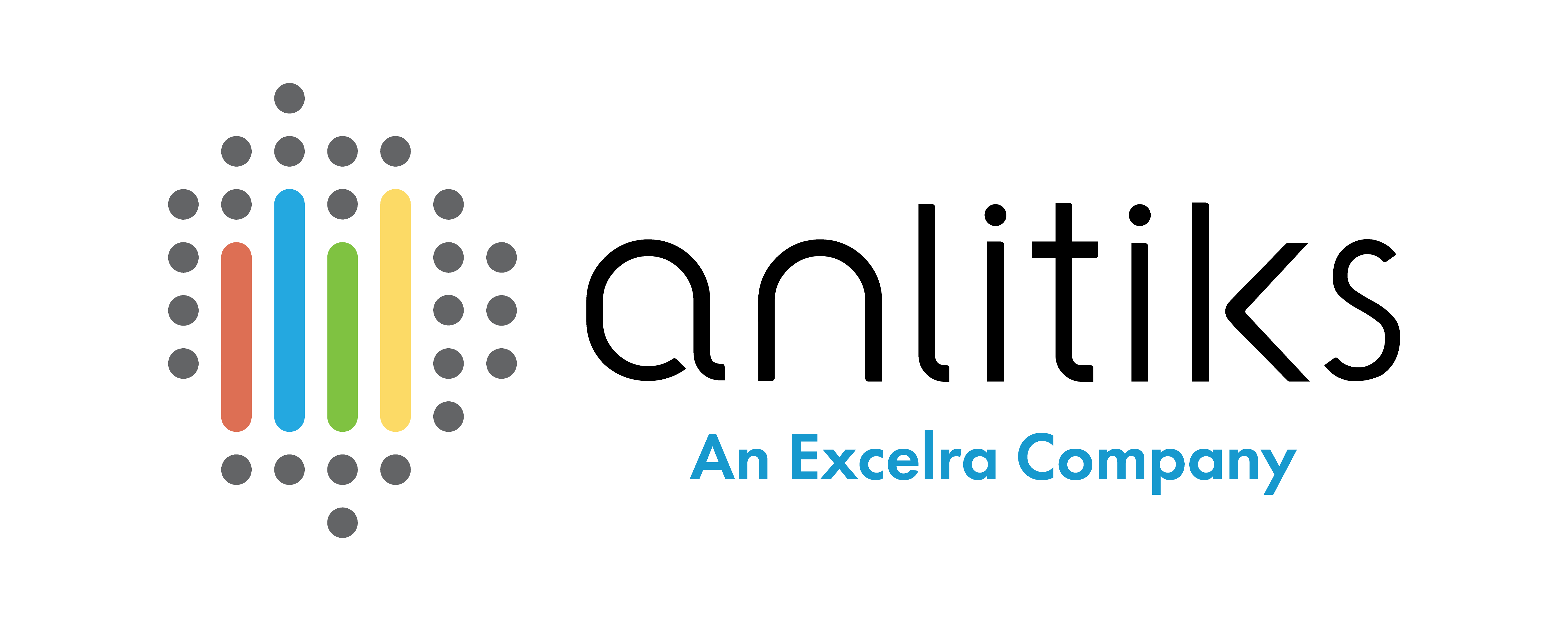Share :
Pharmaceutical companies and various other stakeholders are always in search of the best processes and methodologies to provide value-based care for the patients. In this quest to enhance patient care and outcomes, Real-World Evidence (RWE) has emerged as a transformative force in modern healthcare.
Every process in drug development requires extensive data and clinical researchers are constantly researching substantial data to design, manufacture, or improve medicinal technologies and drugs. Due to the evidence generated through RWE data, the aim has been to be able to transform healthcare by filling in gaps and inefficiencies.
What makes RWE data special?
- The RWE data is collected in a meticulous way and scrutinized through advanced analytics.
- This high-quality data provides deeper insights and a real picture of what and why in the clinical trials.
- Stakeholders such as drug manufacturers, insurance companies, payers, reimbursement authorities, patients, patient advocacy groups, and regulatory authorities utilize this data to determine safety and efficacy of drugs which helps in timely and informed decisions.
Value Through Data Collection:
Real-world data (RWD) is generated from electronic health records, which contain information regarding patient demographics, family history, comorbidities, and prior surgeries. Data is also collected from patient-generated data, billing data, insurance claims, disease registries, and various government/private data sources.
It can be noted that the data collected from traditional clinical trials are controlled and standardized. However, RWE methodologies rely more on data collected through database studies, registries, EMRs, EHRs or other prospective and retrospective sources. This data is further assessed, validated, and aggregated through advanced analytics.
Transforming Patient Care:
Due to digitalization of medical records, patients have more awareness about their health and take all necessary measures for their well being. RWE utilizes data from online platforms for patients and other patient support groups, where patients themselves describe how they cope with their illness. This data is accepted as evidence by most of the regulatory authorities.
Unlike previously, the entire focus of the healthcare industry is all about patients now. RWE has been in use for many years but with the advent of digitalization and advanced analytics, the quantity of data has increased exponentially. Data analysis has enabled stakeholders to minutely study patient behaviors and their characteristics and how they can affect healthcare outcomes. RWE has also been useful in predicting the progression of the disease, patient response, efficacy, treatment patterns and safety profile allowing companies to channel resources and budgets efficiently.
The US FDA mandates that the data collected through RWE should comply with HIPAA guidelines, which helps maintain patient confidentiality. RWD also heavily contributes to the development of new drugs through various study designs with inclusion and exclusion criteria. RWE enhances the reliability of study findings and informs clinical trials, ultimately shaping drug development strategies and speeding up the creation of new drugs and therapies.
Patients as well as healthcare providers use RWE data for understanding the safety, efficacy which help them in making informed decisions. Once a drug is introduced into the market, all stakeholders utilize RWE data to compare which treatment is better than another. RWE is critical to understand how certain drugs and medical therapies work in certain populations and help healthcare professionals in better clinical decision-making. Using a combination of RWE and analytics can expedite the identification of patient needs, optimize treatment pathways, and improve clinical trial design for more efficient drug development.

